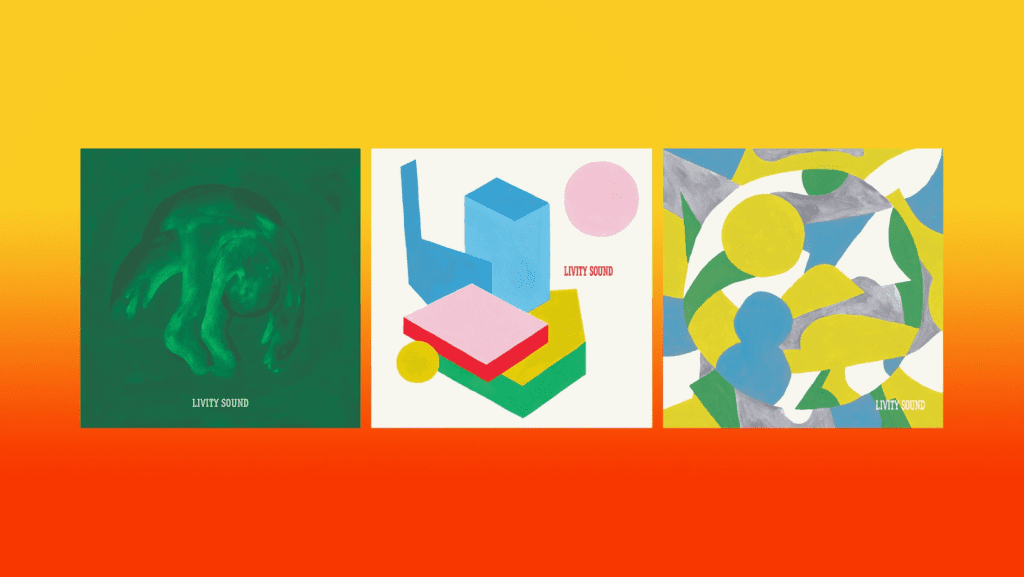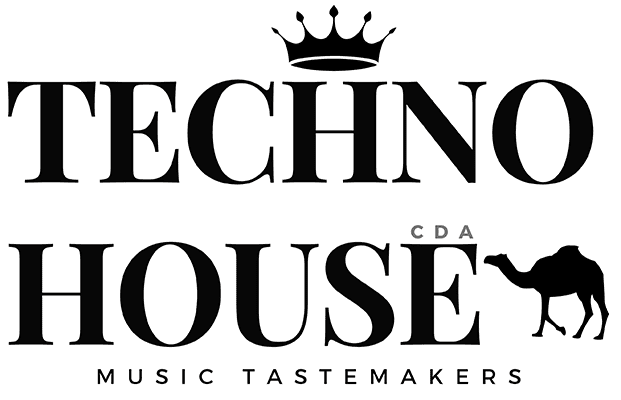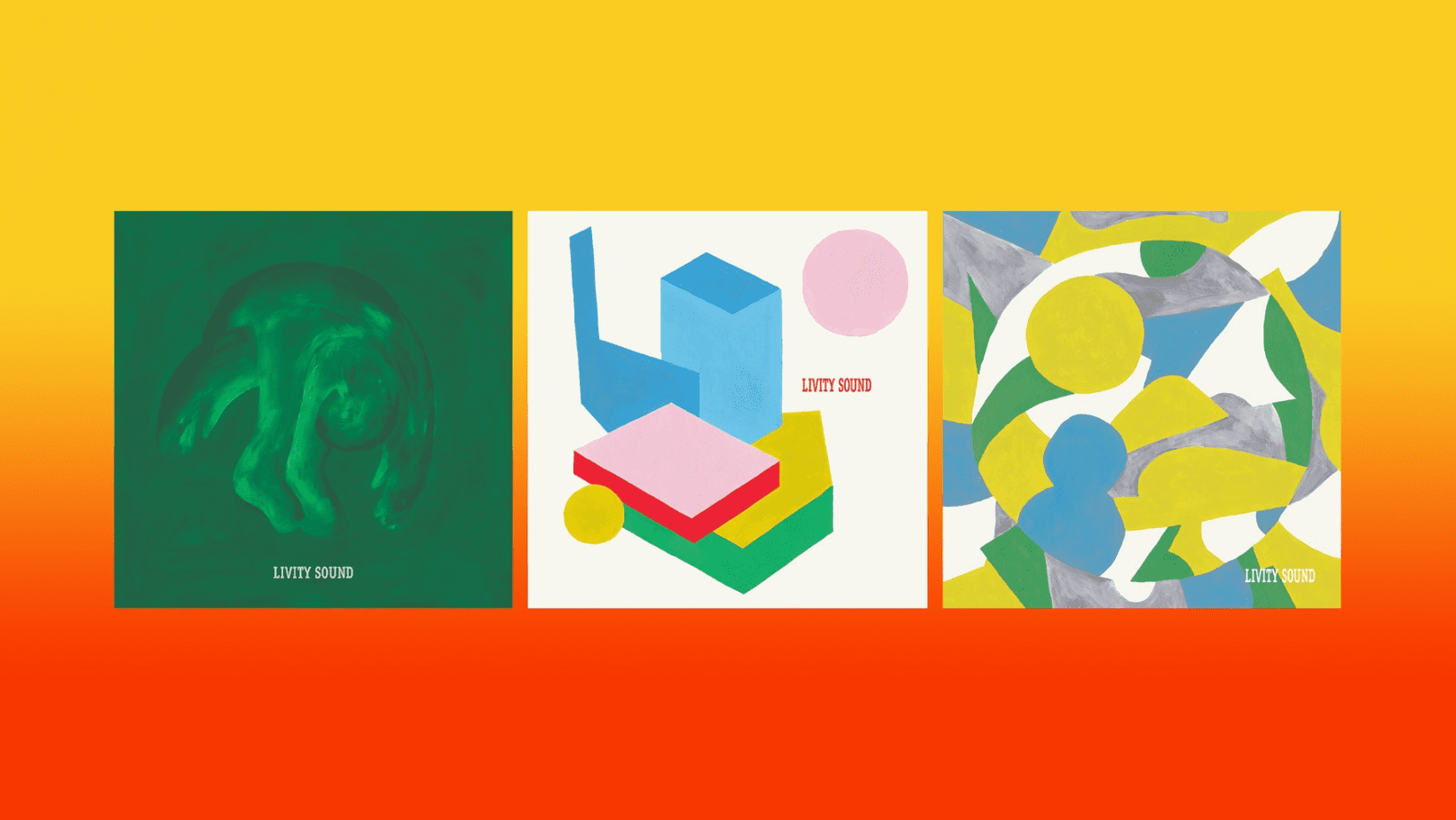

Livity Sound, founded by Peverelist (Tom Ford), Kowton (Joe Cowton), and Asusu (Craig Stennett) in 2011, has become a cornerstone of the underground electronic scene, especially within the world of UK bass, minimal techno, and experimental sound. Rooted deeply in the Bristol music scene, Livity Sound stands out for its unique, genre-defying releases that blend driving techno rhythms with experimental bass. Over the years, the label has expanded its roster and influence, earning praise for its commitment to quality over genre conformity.
The Founders: A Shared Vision
Tom Ford (Peverelist): The Visionary
Tom Ford, better known as Peverelist, is the driving force behind Livity Sound. Ford moved to Bristol in 1997, where he immersed himself in the city’s vibrant DIY scene, frequenting iconic record shops like Revolver, Giant, and Replay, and attending legendary clubs like Blue Mountain and Lakota. His early experiences were deeply influenced by Bristol’s strong music culture, which was defined by groups such as More Rockers, Full Cycle, and Smith & Mighty.


Before Livity Sound, Ford founded Punch Drunk Records in 2006, focusing on dubstep and bass-heavy club music. Punch Drunk released classics like “Roll With The Punches” and “Clunk Click Every Trip”—tracks that became staples in the dubstep scene. When Rooted Records, the record shop where Ford worked, closed, he faced a crossroads. Instead of giving up, Ford chose to focus on what he truly loved: dark garage, Detroit techno, dub techno, and funky rhythms. This led to the creation of Livity Sound in 2011.
Joe Cowton (Kowton): The Collaborator
Joe Cowton, known by his artist name Kowton, was a key figure in Livity Sound’s development. Having moved to Bristol in 2008, Kowton met Ford while working at Rooted Records and Idle Hands, where they immediately bonded over shared musical tastes. Cowton’s early musical influences included dubstep, techno, and house, and his work alongside Ford helped establish Livity Sound as a platform for boundary-pushing, deep, and bass-driven music.
Craig Stennett (Asusu): The Innovator
Craig Stennett, also known as Asusu, completed the trio of founders. Stennett moved to Bristol after finishing university in Bath, where he met Ford through local gigs. His production style was experimental, drawing inspiration from techno, dub, and bass music. Stennett’s early works helped Livity Sound carve its niche within the underground scene, mixing heavy basslines with subtle, atmospheric soundscapes.
Livity Sound’s Evolution and Influence
From its inception, Livity Sound took an unconventional approach by focusing not just on a particular genre but on the quality of its artists and releases. “I don’t like to get bogged down in genres,” said Ford. “I just think of it as the music I’m into.” This philosophy allowed the label to explore a diverse range of sounds, from percussive techno to UK bass to dub-infused experimentalism.
In its early years, Livity Sound released music primarily from its founders—Peverelist, Kowton, and Asusu. These initial releases set the foundation for the label’s ethos, combining minimal, dubby, and bass-heavy sounds with the experimental edge for which the label is now known. The label quickly gained traction in the underground community, earning top spots in Resident Advisor’s Top 20 Labels of 2013.
The Sister Label: Dnuos Ytivil
As Livity Sound’s reputation grew, Ford also founded a sister label, Dnuos Ytivil, with the aim of providing a platform for emerging talent. The first few years of Dnuos Ytivil showcased early works from rising artists such as Alex Coulton, Batu, Bruce, and Hodge, who later became significant contributors to the underground scene. This allowed Ford to continue fostering new talent and further solidified his role as a tastemaker within the electronic music landscape.
The International Expansion
In 2015, Livity Sound expanded beyond the UK, gaining recognition internationally. One notable moment came with the release of Paris-based Simo Cell’s EP on both Livity Sound and Dnuos Ytivil. Ford and Simo Cell exchanged tracks, and the connection was immediate. “We exchanged tracks and it really connected with what we were doing,” said Ford. “It was obvious that he was a real talent and it’s been incredible to watch him develop his sound ever since.” Other notable international collaborations included releases from Laurel Halo and Hodge in 2018 and Tunisian artist Azu Tiwaline in 2020.
As the label continued to develop, Ford and his team made it a priority to discover and support new talent. This evolution saw the focus shift from the label’s founders to a broader, more diverse roster, further reinforcing Livity Sound’s commitment to innovative, forward-thinking music.
Looking Ahead: The Future of Livity Sound
With more than a decade of groundbreaking releases under its belt, Livity Sound remains at the cutting edge of the underground electronic music scene. Today, the label continues to discover new artists and expand its influence across the globe. The founders’ commitment to pushing the boundaries of sound remains unchanged, and with its unique blend of deep bass and minimal techno, Livity Sound is poised to remain an influential force for years to come.

